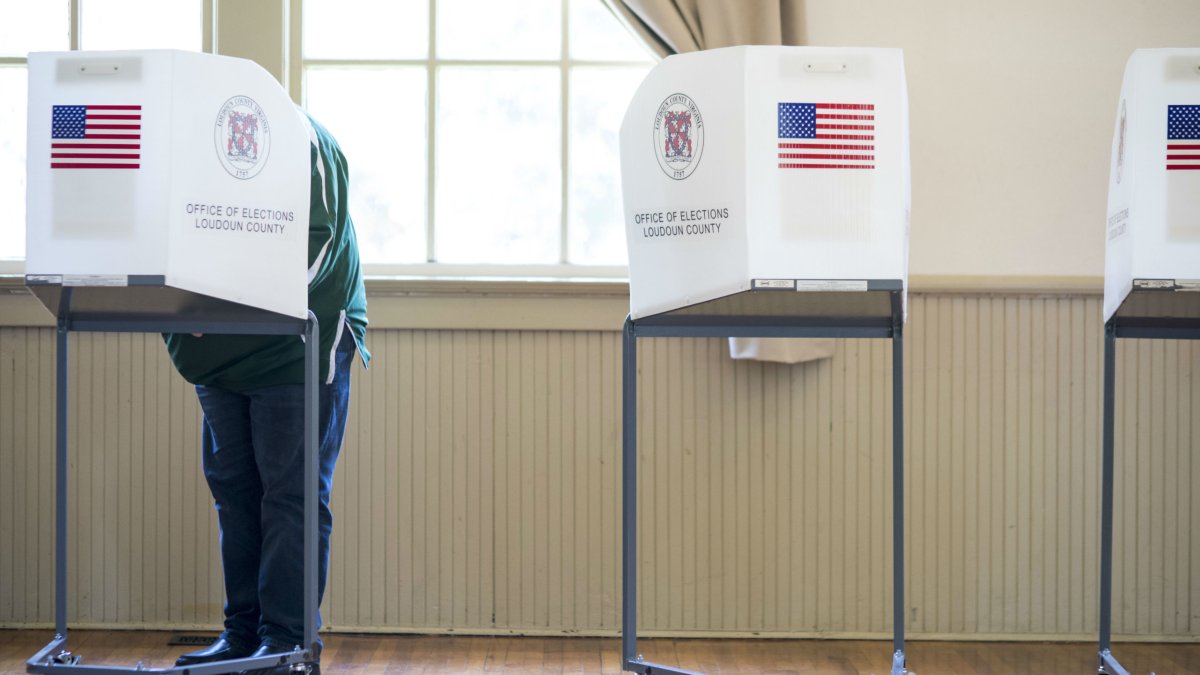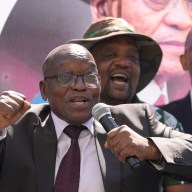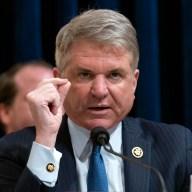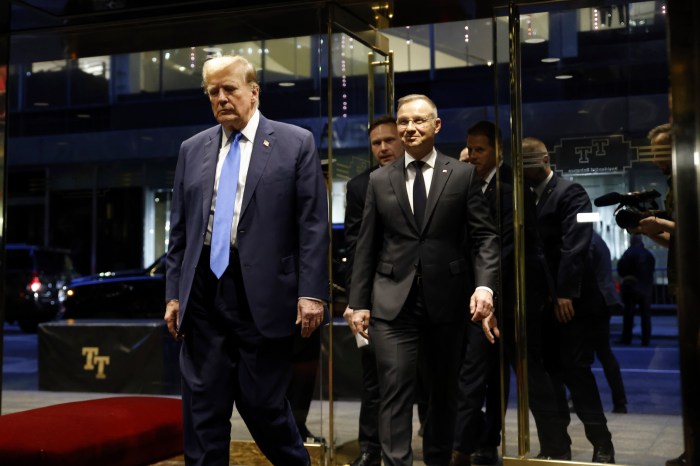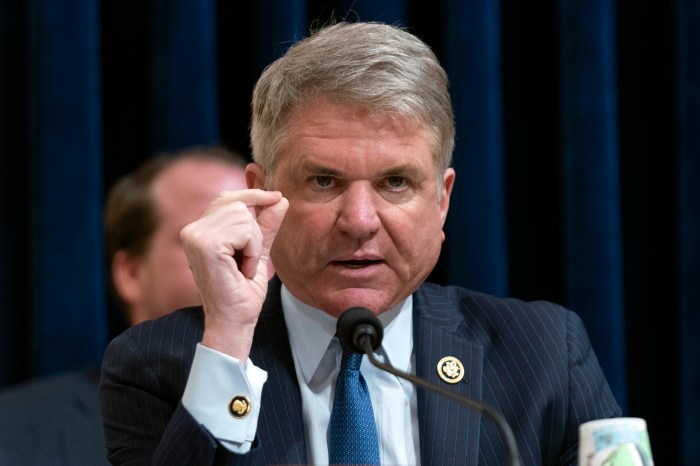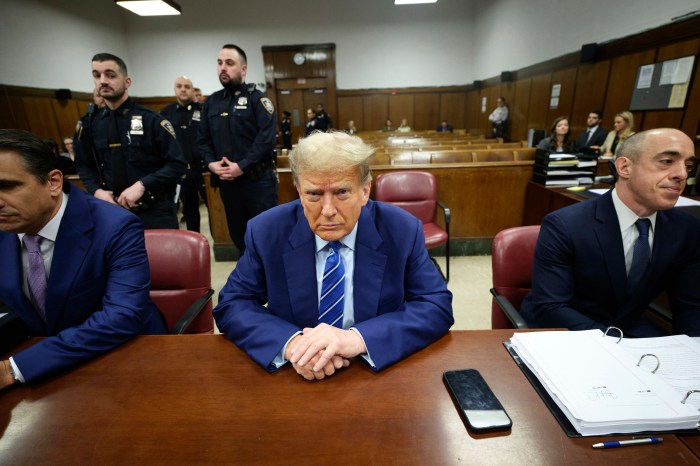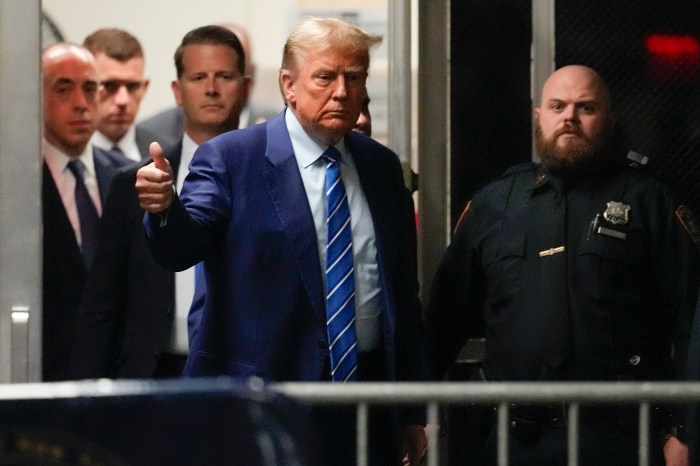The U.S. midterm elections are coming up and it could easily be assumed that most Americans will vote strictly down party lines: Democratic or Repubican. According to a new study, it’s not that simple.
Hidden Tribes, a recent study by More in Common, studies the underlying beliefs that drive Americans votes in the election, dedicated to releasing political tensions.
In the survey, the researchers collected the views of more than 8,000 people, a group of US citizens statistically representative of the population based on census data. The survey participants got to answer hundreds of questions about what they consider is today’s most important issues and their hopes, fears, and concerns for the future. They also conducted six-hour long focus groups with people from across the U.S.
“The primary way we split people into the tribes was by asking about their values,” said Stephen Hawkins, the project’s research director, in a statement. The analysts used the answers to understand the psychological forces at the heart of America’s political polarization.
The hidden tribes
Chart: More in Common
The study finds that the beliefs that drive our votes define not two but seven political “tribes” affected by deep feelings about identity, fairness and personal responsibility rather than external factors like race or party.
“America is not split into two tribes, as we’re sometimes told. In fact, we’ve identified seven distinct groups of Americans. These are our ‘Hidden Tribes of America’; distinguished not by who they are or what they look like, but what they believe.” The study reads.
It argues that Americans are best divided into seven distinct tribes: progressive activists (about 8 percent of the population), traditional liberals (11 percent), passive liberals (15 percent), the politically disengaged (26 percent), moderates (15 percent), traditional conservatives (19 percent), and devoted conservatives (6 percent).
The study explains that we’re currently experiencing a deep-polarization and have become divided into different tribes with different codes, values, and even facts. Researchers explain that polarization has become so extreme that it impacts how we disagree on issues as well as not taking into consideration different perspectives.
“Members of the different tribes live in the same world as the others; they share the same demographic profiles,” Hawkins said. “But they have totally different worldviews.”
When the researchers asked what makes an American, members of all tribes named a belief in freedom and equality as a top factor. Strong majorities of every tribe also said that speaking English is essential to American identity. Those results indicate that immigration will remain a powerful factor in our politics for years to come. The survey also found that most Americans dislike political correctness and hate speech. While all groups express distaste for hateful rhetoric, even larger majorities worry that political correctness is stifling.
“We have gotten to a point where everybody is offended by the smallest thing,” a 28-year-old member of the “Passive Liberal” group told the researchers.
According to the study, this can change in the near future.
A majority of Americans in the survey, who they call “Exhausted Majority,” indicates that they’re feeling tired of the polarization in the U.S. They all agree that we have more in common than what divides us: our beliefs in freedom and equality. They also share a deep sense of gratitude that they are citizens of the U.S and want to move past our differences.
“Turning the tide of tribalism is possible, but it won’t be easy,” Hawkins said. “We must be able to listen to each other to understand those differences and find common ground.”

